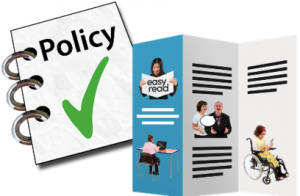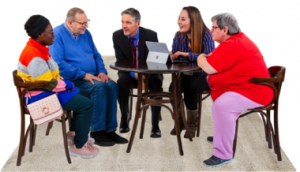This is a plain English summary of an original research article. The views expressed are those of the author(s) and reviewer(s) at the time of publication.
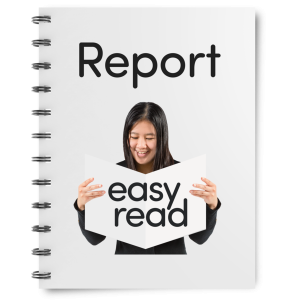
Easy-read report.
 |
The National Institute for Health Research (NIHR) is an organisation that funds others to do Health and Care research. |
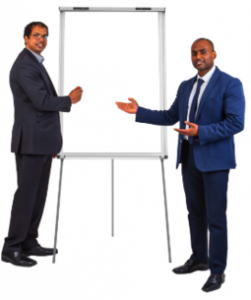 |
This report is about research that has been going since 2009 called, ‘My Marriage, My Choice’. |
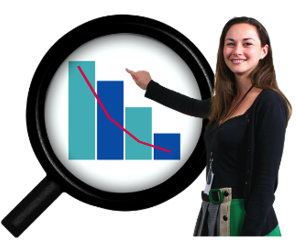 |
This study has looked at people with learning disabilities who have ‘forced marriages’. |
What is this research about?
|
|
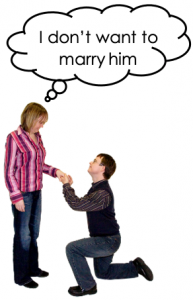 |
A forced marriage is when two people get married even if they don’t want to. |
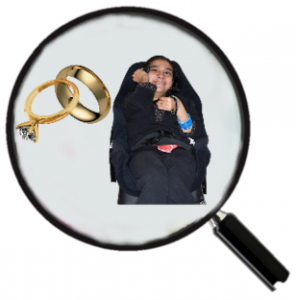 |
This research looks at forced marriages where at least one person has a learning disability. |
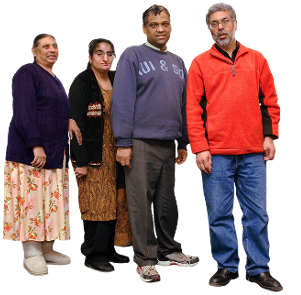
|
A lot of forced marriages in the UK happen within South Asian communities.
|
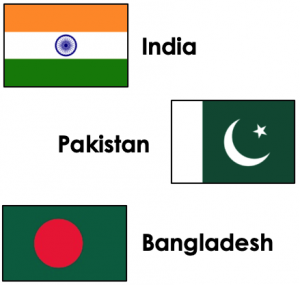 |
South Asian communities include people in Indian, Pakistani and Bangladeshi communities.
|
Why is it important to do this research?
|
|
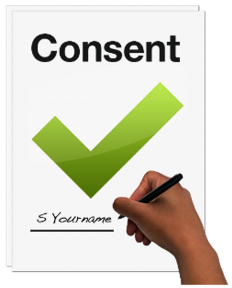 |
To get married, you have to give your consent. |
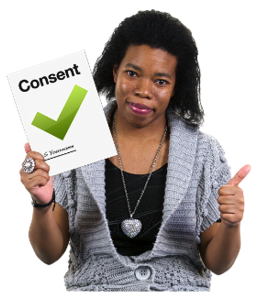 |
Consent means that you have understood something and you have decided to go ahead with it.
|
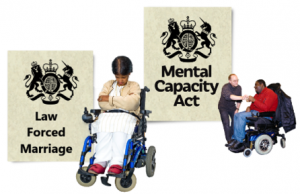 |
In the UK, it is illegal for some people with a learning disability to get married if they are not able to understand what a marriage is.
|
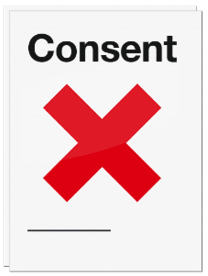 |
If a person with a learning disability is not able to give their own consent but they are still married, they are in a forced marriage.
|
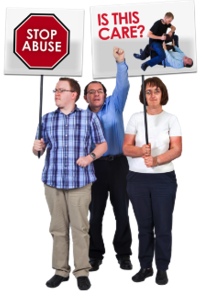 |
There is a higher risk of harm, violence and abuse in a forced marriage.
|
 |
People with learning disabilities are at a higher risk of being in a forced marriage than people without a learning disability.
|
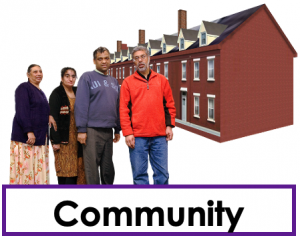 |
Most of the people in forced marriages in UK are from South Asian communities. |
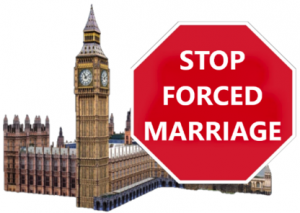 |
The Government wants to stop all forced marriages. |
What the researchers did
|
|
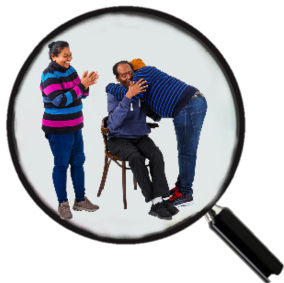 |
This research looks at the voices of families and carers of people with a learning disability from South Asian communities.
|
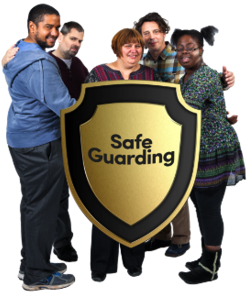 |
The researchers wanted to find out more about forced marriages to keep people with learning disabilities safe.
|
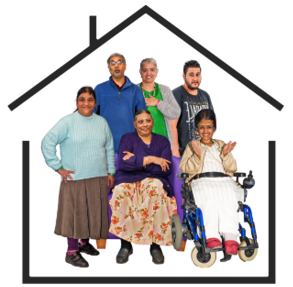 |
The researchers interviewed 22 parents and family carers of adults with learning disabilities.
|
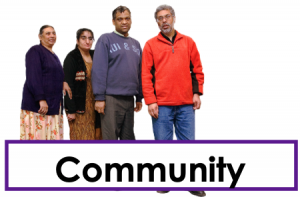 |
Everyone interviewed was from a South Asian community.
|
What they found out
|
|
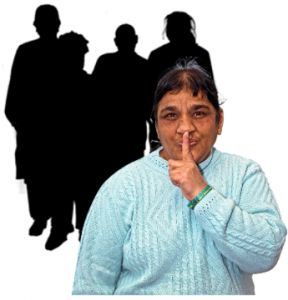 |
Many carers said disability is not spoken about in their culture.
|
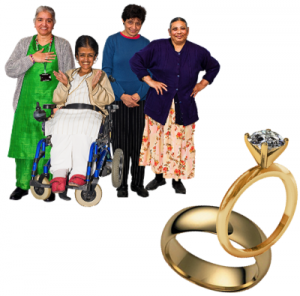 |
Some families wanted their child to get married so there was someone to take care of them.
|
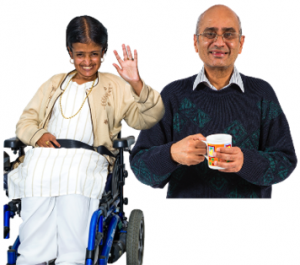 |
Some carers believed that getting married could give their child a better life.
|
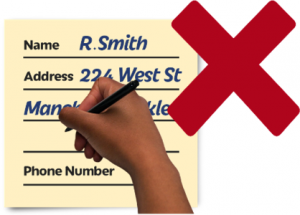 |
Some people admitted that they did not know the person their family member was going to marry.
|
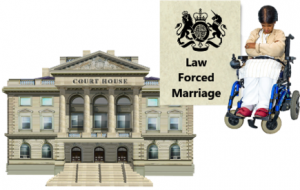 |
A lot of the families and carers said they did not know about the law and did not know they were breaking it.
|
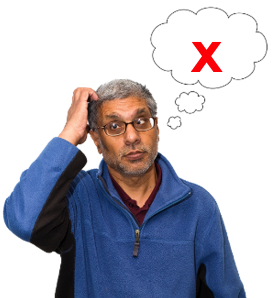 |
Some families were glad to hear about the law as they worried about their family members in forced marriages.
|
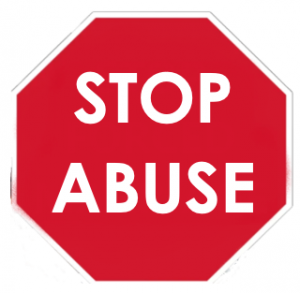 |
Some people were worried about their family member being abused in a forced marriage.
|
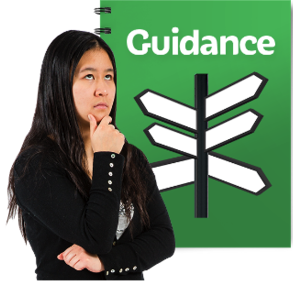 |
Most of the carers said they did not know about services that could help them.
|
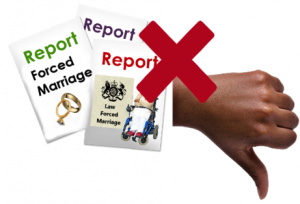 |
Some families knew about the support but said they did not trust it because they had heard bad things.
|
What this means
|
|
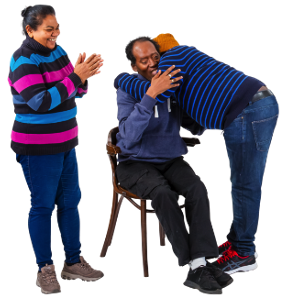 |
Forced marriages are sometimes seen as a way of making sure someone with a disability has someone to care for them in the future.
|
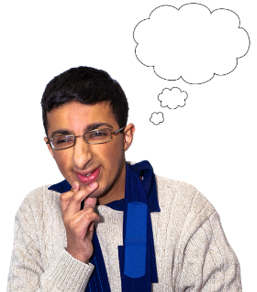 |
Some people from South Asian communities might have different beliefs on disability.
|
 |
Some feel that a disability can be made better by getting married.
|
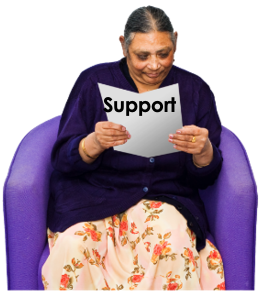 |
People with learning disabilities, their families and carers need more support.
|
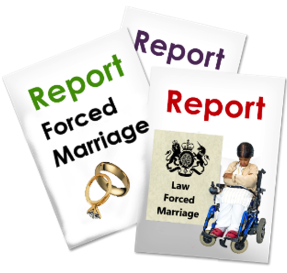 |
They need information and services that they can understand and that respect their culture.
|
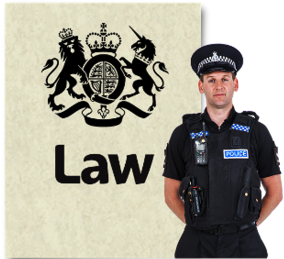 |
More work needs to be done to tell people about the laws on forced marriages.
|
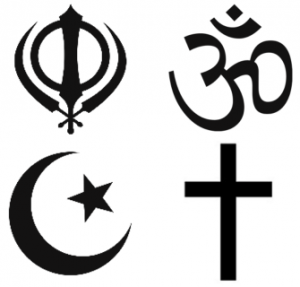 |
Services need to work with South Asian Religious leaders to share awareness in their communities.
|
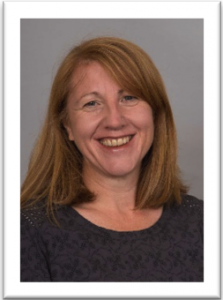 |
Rachael Clawson, Associate Professor in Social Work at the University of Nottingham was one of the researchers of this study.She said it was clear that families wanted their child to be happy, looked after and in a relationship.They wanted their family member to have all of the things that people without learning disabilities have. |
What are the next steps?
|
|
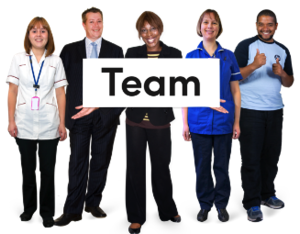 |
The research team have set up a group of social workers, psychologists, occupational therapists and speech and language therapists.
|
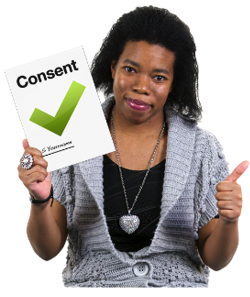 |
They have come up with a new way to tell if someone is able to give their consent.
|
|
|
There are now lots of documents to help people understand forced marriages.
|
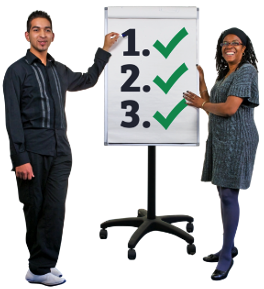 |
Training courses are also being given to help tell people about forced marriages.
|
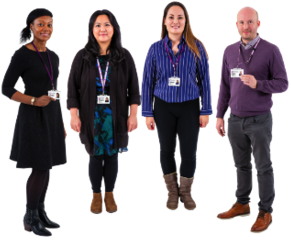 |
People like Doctors, Social Workers, the Police and other people who work in health and social care are being given the training.
|
|
|
A group has been set up to help people who do weddings to know what to look out for and stop forced marriages. |
Where you can find out more information
|
|
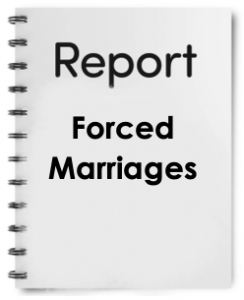 |
If you would like to read the report by Rachael and the team, you can find it here: https://doi.org/10.1111/jar.12798
|
 |
If you would like to watch a video from the My Marriage, My Choice project, you can watch it here: https://www.nottingham.ac.uk/research/groups/mymarriagemychoice/film/index.aspx |
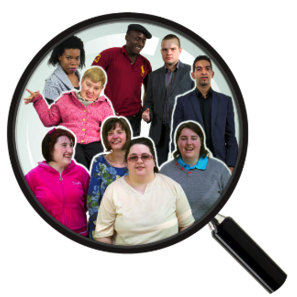 |
You can read more about keeping people with learning disabilities safe here: https://www.emerald.com/insight/content/doi/10.1108/JAP-03-2016-0004/full/html |
Disclaimer: Summaries on NIHR Evidence are not a substitute for professional medical advice. They provide information about research which is funded or supported by the NIHR. Please note that the views expressed are those of the author(s) and reviewer(s) and not necessarily those of the NHS, the NIHR or the Department of Health and Social Care.
NIHR Evidence is covered by the creative commons, CC-BY licence. Written content and infographics may be freely reproduced provided that suitable acknowledgement is made. Note, this licence excludes comments and images made by third parties, audiovisual content, and linked content on other websites.
